How often should the engine oil of a car be changed? The engine oil can be called the “blood” of the engine. Its multiple functions such as lubrication, cooling, rust prevention, and cleaning directly affect the life of the engine. Regarding the replacement cycle, there is a traditional saying that “it must be changed after 5,000 kilometers”, and there is also a modern view that “fully synthetic oil is worry-free”. How should we grasp it?
Basic principle: dual-track parallel
Most manufacturers follow the “time-mileage dual-track system”: mineral oil is recommended to be replaced every six months/5,000 kilometers, semi-synthetic oil is extended to 8 months/7,500 kilometers, and fully synthetic oil can reach 1 year/10,000 kilometers. This baseline is like a “minimum program”, and the actual replacement needs to be adjusted dynamically according to the specific working conditions.
Working condition variables: four influencing factors
Driving habits: frequent sudden acceleration/braking will accelerate the deterioration of the engine oil;
Usage environment: the cycle needs to be shortened in sandstorm areas, and it can be appropriately extended for long-term high-speed cruising;
Engine oil quality: inferior oil additives are exhausted quickly, and high-end oil has stronger antioxidant properties;
Vehicle age: old engines need more frequent maintenance due to increased clearance.
Intelligent monitoring: technology simplifies decision-making
Some new cars are equipped with an oil life monitoring system, which comprehensively evaluates driving data through algorithms and is more accurate than traditional cycles. If this function is not available, car owners can self-check through three tricks:
Color judgment: clean oil is amber, and blackening indicates impurity saturation;
Viscosity test: dip oil to observe the length of the wire drawing, too short indicates performance degradation;
Test paper detection: special oil quality analysis test paper can quantify the degree of deterioration.
Avoidance guide: Beware of polar misunderstandings
Excessive replacement not only wastes resources, but also affects the cleaning effect due to insufficient fluidity of the new oil; overuse may cause sludge accumulation, forming “black cheese” to block the oil circuit. It is recommended to establish an electronic maintenance calendar, with a 20% floating range based on the manufacturer’s recommended cycle as a safety interval.
Oil replacement is like extending the life of the engine, which requires both scientific laws and flexibility. Grasping the principle of “dynamic precision” and making every drop of oil play its maximum value is the maintenance method of smart car owners.

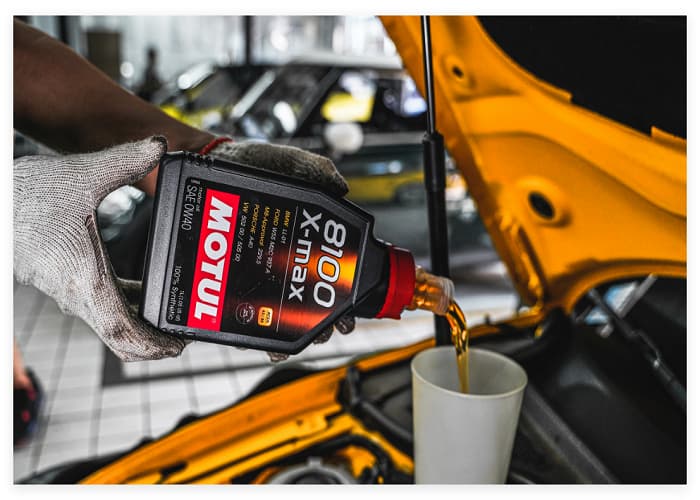
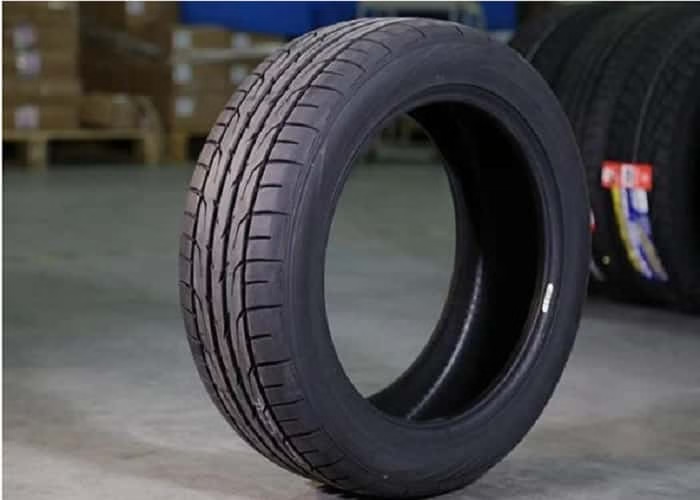

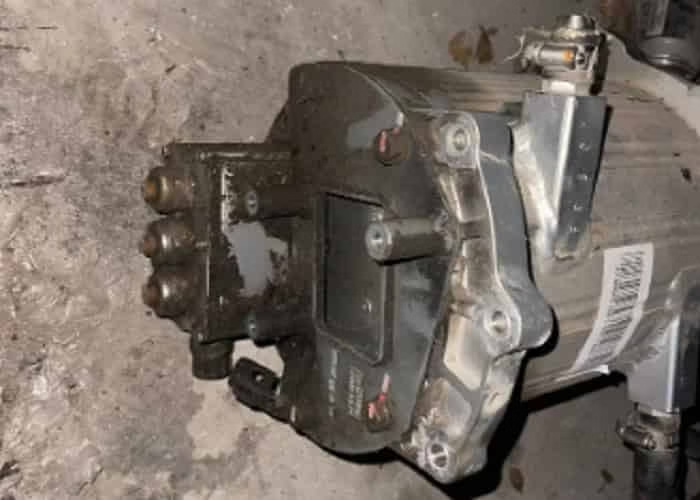
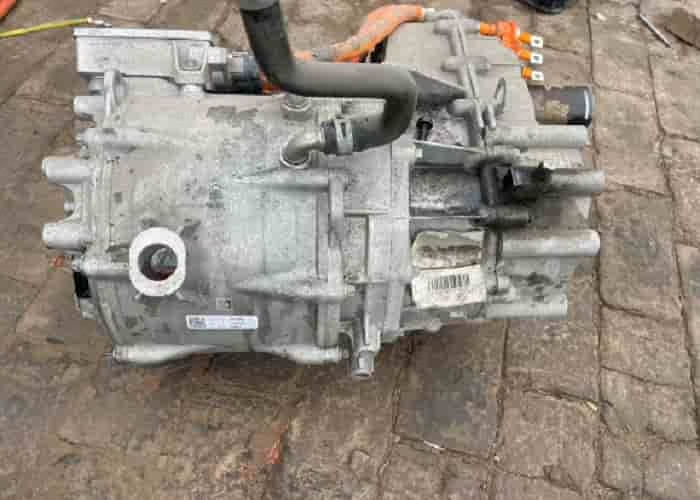
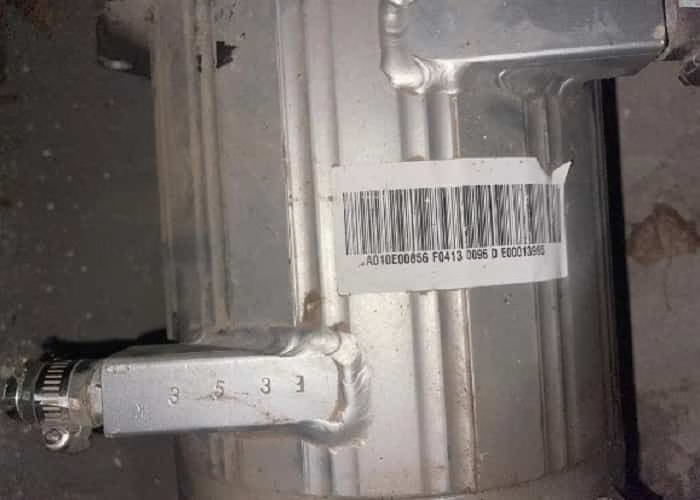





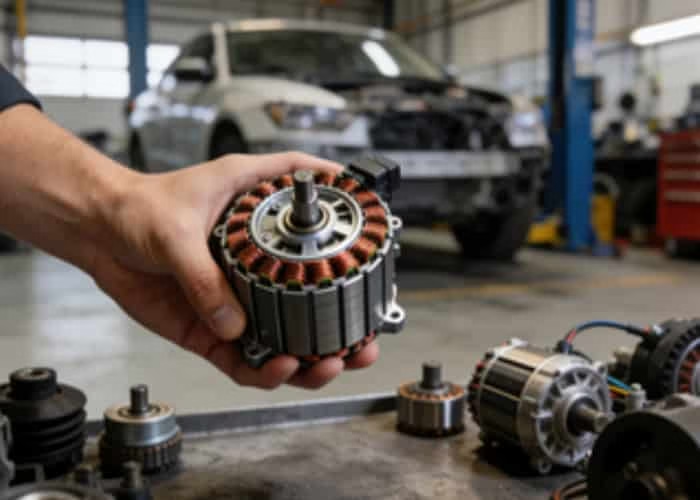
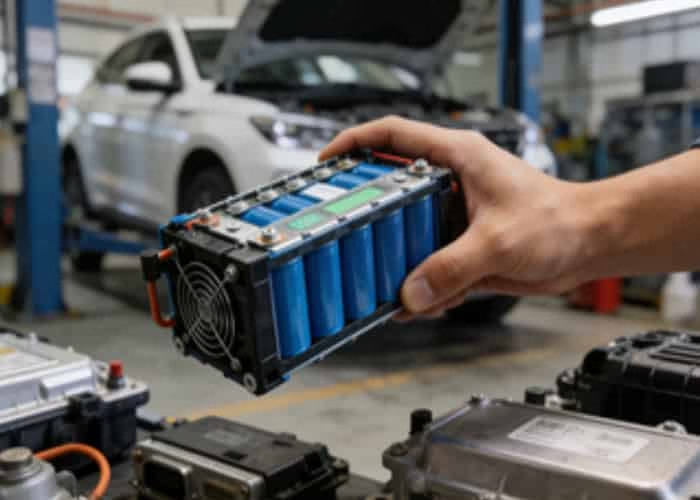
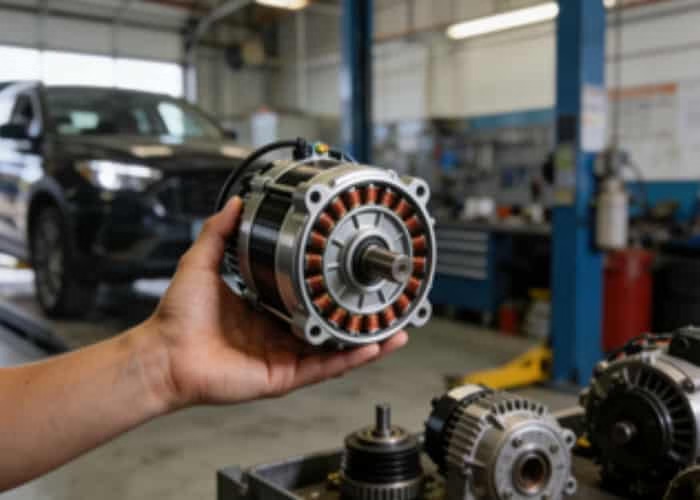
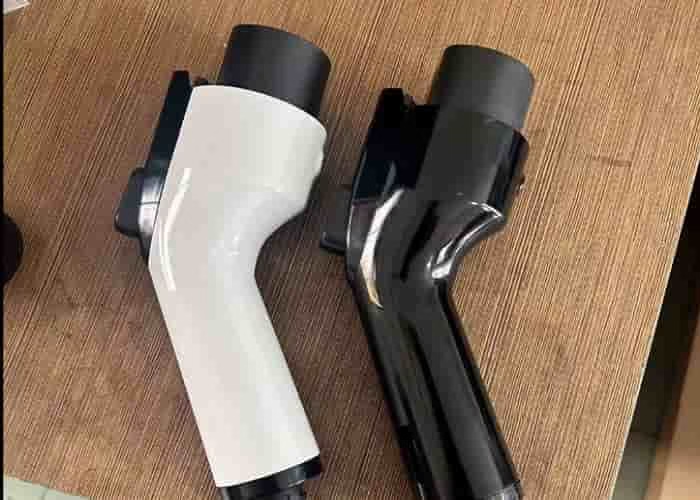
Leave a Reply